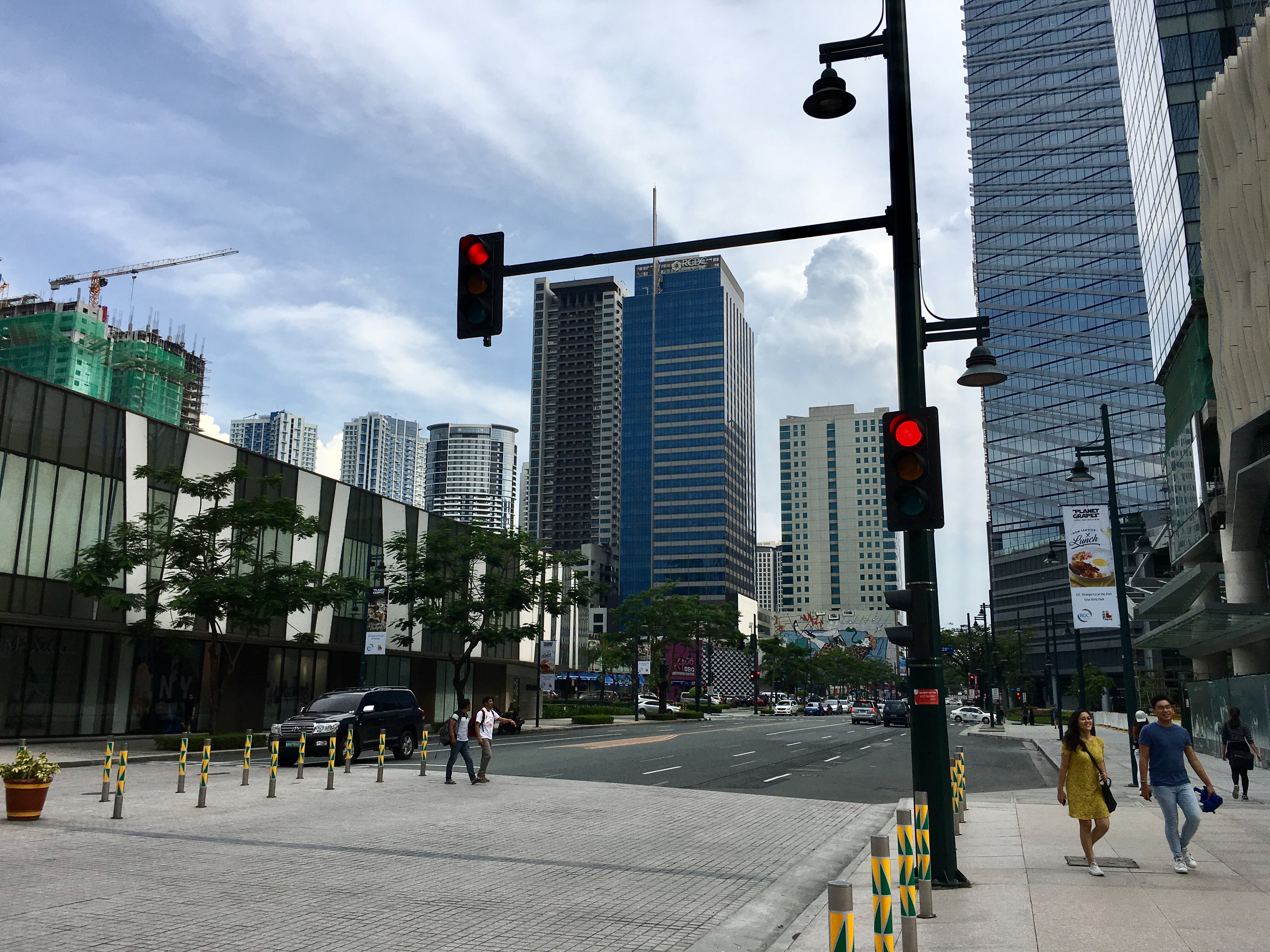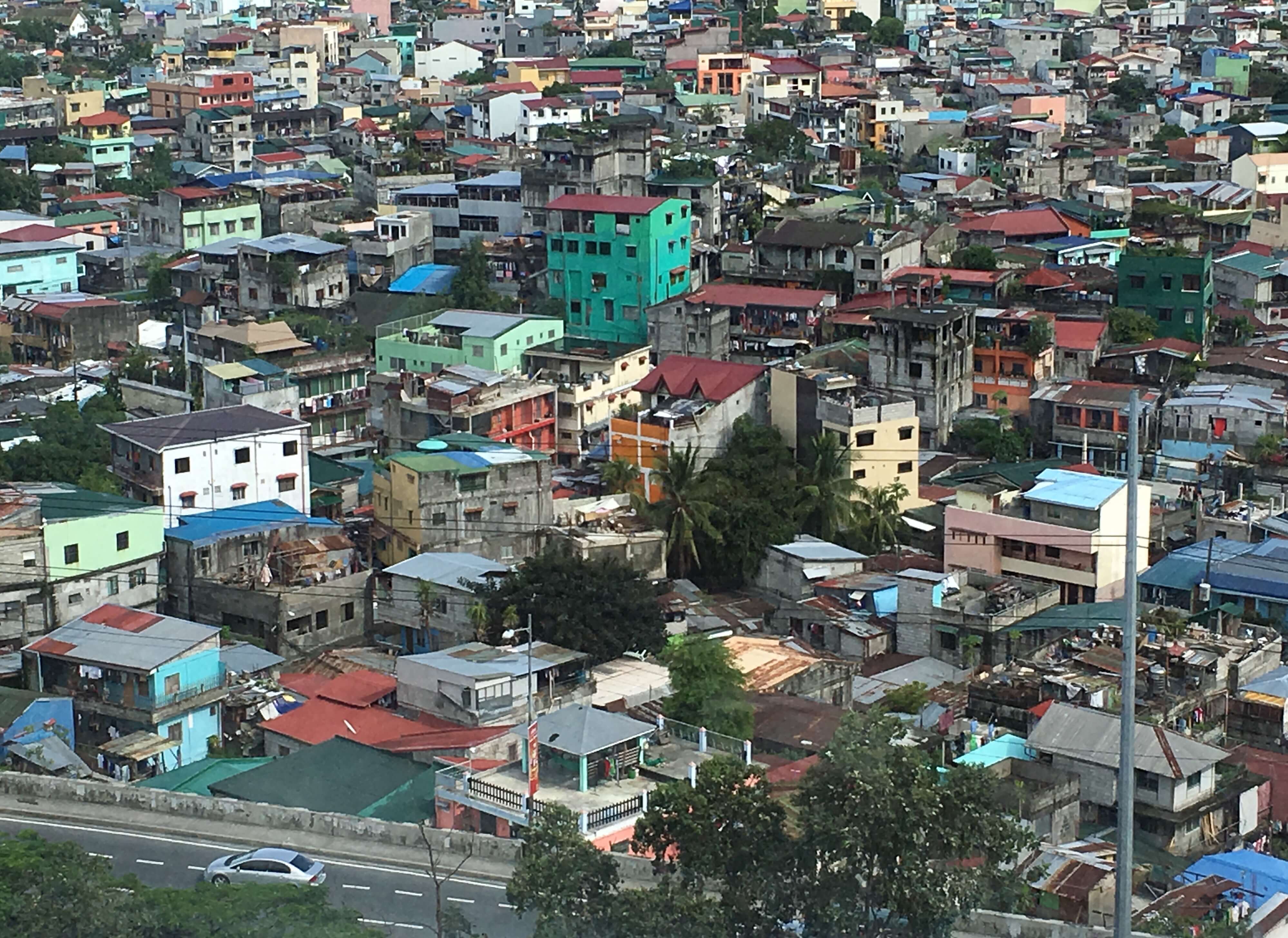The Philippines has shown impressive economic development in recent years, not only boasting the highest GDP growth rate among ASEAN countries but also experiencing a surge in domestic demand. This has led many overseas workers to return home for employment opportunities. Filipino workers, once common in Taiwan's industrial zones or as domestic helpers, are likely to decrease significantly in the coming years. The rapidly growing market is also attracting foreigners seeking better opportunities.
Among these, excluding the early Taiwanese investors and executives, over 80% of the new wave of Taiwanese youth in the Philippines are entering the lucrative gaming industry. Many online gaming companies, primarily serving customers from China, require Mandarin-speaking "customer service staff" to assist with remote betting.
According to an anonymous Taiwanese source, with 12-hour shifts and two days off per week, the basic salary plus performance bonuses can average between 60,000 to 70,000, with companies providing food and accommodation, making it a very attractive package.
"However, most of those who apply for these jobs do not have a strong educational background. In Taiwan, they might not be able to find a mid-level job, so they try their luck in the Philippines through an agency, and also gain the prestige of working overseas..." observed N, who has been working in Manila for nearly two years. "In this gaming industry, except for a few who can advance into management through hard work and seniority, most, after working three to five years and saving some money, need to plan their careers early. Otherwise, they waste years without developing a skill, which could lead to an unfavorable outcome."
The gaming industry in the Philippines is slightly different from Macau. Although there are physical casinos in five-star hotels in the Philippines, the real economic value comes from online gambling. Moreover, the Philippine government seems intent on transforming Manila into Asia's digital entertainment hub, with plans like the Manila gaming district and more convenient visas for foreign workers in related industries, further boosting economic growth and real estate prices in the capital's prime areas.
"Honestly, the prosperity based on gaming should be viewed cautiously, both for overall economic growth and personal career development. Take Macau as an example, it usually shows impressive GDP figures, but a single typhoon can reveal the stark reality behind the glittering facade," said a Taiwanese businessman who has been operating in Manila for a long time. "Moreover, unless you are in a managerial, marketing, or HR role in the casino, honestly, investing your youth here, what you can learn and the risks you might face in the future, you really need to think it through."
Walking through Manila's Makati or BGC districts, with their orderly cityscape, wide streets, and large malls, one might mistake it for Singapore or any other developed city. The quality of life and cost of living are several times higher than the national average in the Philippines. If you earn a decent salary and confine your activities to such areas, you will experience convenience comparable to Taipei, ever-rising property prices, and a seemingly thriving and rapidly growing economy.

But behind the prosperity, there is a price to pay. The vast wealth gap, inherited class conflicts, and various social tensions are often overlooked or deliberately unmentioned by those who loudly praise how well the Philippines is developing.

In recent years, with the government promoting the New Southbound Policy and media continuously featuring "ASEAN business opportunities," the relatively higher salaries and seemingly abundant opportunities further attract a large number of Taiwanese youth to the overseas job market.
However, whether they can truly develop skills, enrich their experience and networks, and whether overseas work experience accumulates value or merely wastes years, are questions that young people should consider deeply.











